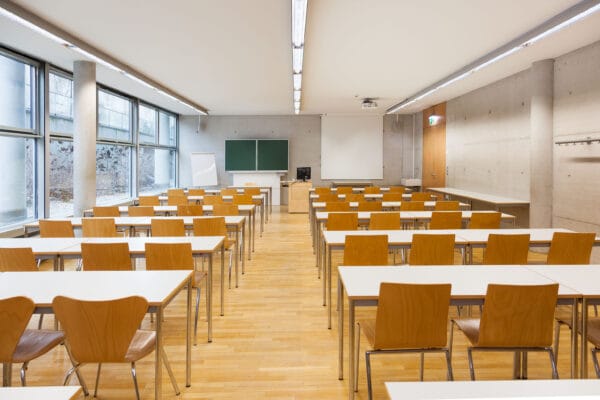
NAME:
SOWI - UR 3
BUILDING:
SOWI
FLOOR:
-1
TYPE:
Seminar Room
CAPACITY:
70
ACCESS:
Only Participants
EQUIPMENT:
Beamer, PC, WLAN (Eduroam), Overhead, Flipchart, Blackboard, Handicapped Accessible, LAN
In the context of accelerating climate change, the phenomenon of last-chance tourism – the trend of visiting destinations threatened by environmental degradation before they disappear – has gained increasing attention (Lemelin et al., 2010; Lemelin & Whipp, 2019). While not a new concept, the current speed and scale of climate change have intensified this dynamic, particularly in fragile ecosystems such as glaciers, which are melting at an alarming rate (six time faster than in the 1990s) (Rounce et al., 2023). The contribution examines how last-chance tourism not only reflects but also amplifies extractive and consumerist logics already present in urban overtourism (Christin, 2019), transforming the climate crisis into a commodified spectacle. Drawing on case studies such as the Mar de Glace in Chamonix and the Pastoruri Glacier in Peru – both rebranded as attractions where tourists can “witness” the vanishing ice – the study critically explores the role of tourism marketing and media narratives in shaping demand for these endangered landscapes. The proliferation of travel influencers and tour operators promoting these sites as “must-see before they disappear” destinations raises crucial ethical and environmental concerns. While such narratives can raise awareness and, in some cases, drive conservation efforts, they also accelerate environmental degradation, reinforce tourism’s contribution to climate change, and exacerbate socio-spatial inequalities. By drawing parallels between last-chance tourism in glacial environments and the logics of urban overtourism – where spaces are consumed and exploited until their depletion – the presentation reflects on the paradox of conservation through consumption. How does the commodification of climate catastrophe shape tourist behaviour, policy responses, and local resilience? To what extent does tourism’s self-destructive cycle in urban and natural settings reveal broader patterns of crisis capitalism? Engaging with critical tourism studies, environmental sociology, and urban studies, this research highlights the urgent need to rethink tourism beyond its exploitative paradigms, questioning whether witnessing environmental loss should itself become a form of leisure consumption

We and use cookies and other tracking technologies to improve your experience on our website. We may store and/or access information on a device and process personal data, such as your IP address and browsing data, for personalised advertising and content, advertising and content measurement, audience research and services development. Additionally, we may utilize precise geolocation data and identification through device scanning.
Please note that your consent will be valid across all our subdomains. You can change or withdraw your consent at any time by clicking the “Consent Preferences” button at the bottom of your screen. We respect your choices and are committed to providing you with a transparent and secure browsing experience.